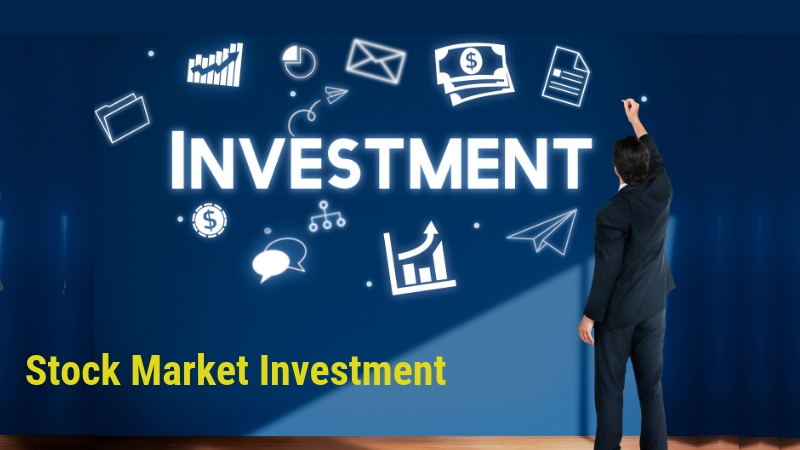Financial planning is a step-by-step process to help investors achieve their short-term and long-term financial goals. In short, a financial plan helps to create a roadway to achieve one’s financial objectives. However, several investors have an incorrect notion towards financial planning that their job as an investor merely ends at researching and selecting the best investment options for their investment portfolio.
Did you know that a financial plan is dependent on an individual’s financial security? So basically, an individual who has just stepped into the investment world would have a different approach to financial planning than someone who has say accumulated a sum of money. Let’s understand this better and in-depth through this article.
If you are a beginner and new to the investing world
For someone who has just stepped into the investment world, certain things must be taken care of. Health insurance policy is the first thing that must be tended to as it helps to cater to your medical bills. Next, you can consider getting a life insurance policy provided that you have some dependents. Apart from this, you must also have an emergency corpus. Emergency corpus helps to tend to different types of emergencies that come unannounced in life such as home repair, loss of family member, job loss, etc. It is advised that you allot and invest at least three to six months of your total living expenses. Once you have catered to these basic necessities, you might consider moving towards being entirely debt-free. Being entirely debt-free gives the real freedom of being financially independent. you can choose to allot your assets in investments that cater to your financial needs. Mutual funds are a good way to cater to a novice investor’s needs because of the professional management it offers to investors. Mutual fund investments are professionally managed by fund managers who have in-depth knowledge and skills to manage several investors’ investments.
If you have collected a considerable sum of money
In this scenario, an individual is in that phase of their life where in they have catered to all their safety nets for their family. Additional to that, these individual has also made several investments to achieve their financial objectives. An individual is this phase is already debt-free and living in a financially independent life. This individual has their health insurance policy and life insurance policy (if needed) in place. Also, they have a decent size of emergency fund. Next, they must invest in securities that allows them to have a diversified investment portfolio. A diversified portfolio reduces the risk of being exposed to just one type of asset class or investment. You can choose to invest in different types of mutual funds to cater to your varying financial needs of different investment horizon and risk profile.
No matter what type of investment you choose for your investment portfolio, you must ensure that it aligns with your financial goals, investment duration, and risk profile. Lastly, do not forget to monitor your investments on a periodic basis. Remember, financial planning is a dynamic and continuous process. Your financial plan does not end at mere investing. Happy investing!











